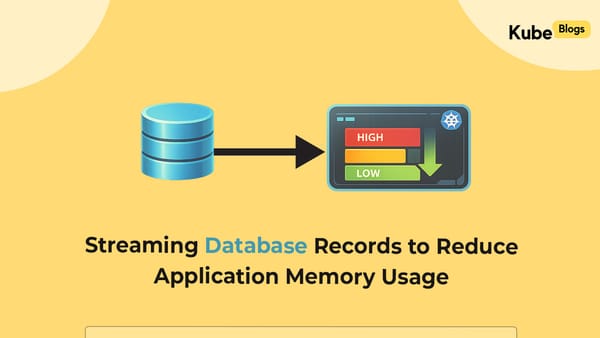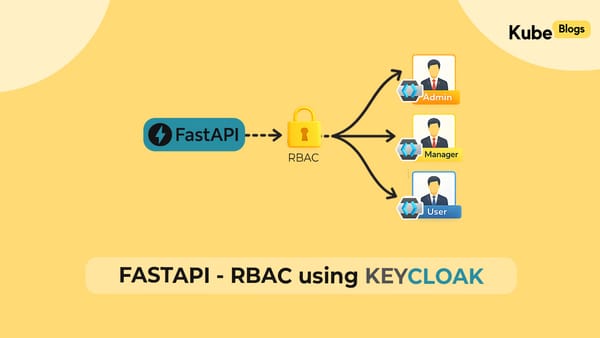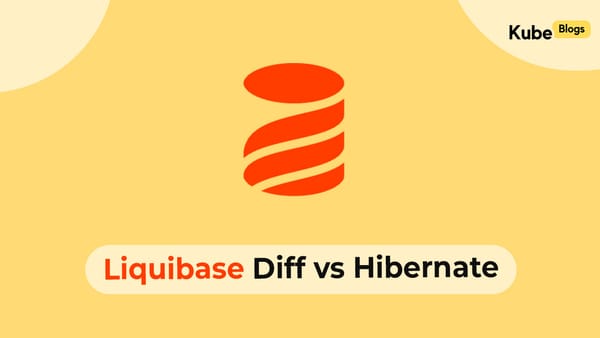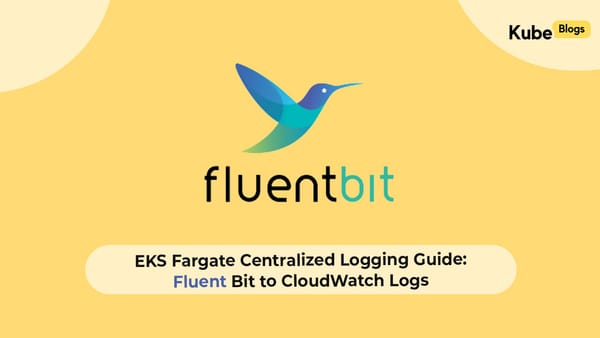Table of Contents
Introduction
Most web applications struggle with search functionality as they scale. Users expect instant, accurate results with typo tolerance and intelligent filtering capabilities that traditional database queries simply cannot deliver efficiently. Building these features from scratch requires significant development resources and ongoing infrastructure management.
Even with proper indexing, SQL queries become inefficient beyond a few hundred thousand records, and full-text search indexes struggle with complex relevance ranking. Performance degrades significantly once datasets reach millions of rows, with search operations taking several seconds even on well-indexed tables. Traditional database solutions also lack advanced features like typo tolerance, faceted search, and real-time suggestions that modern users expect.
Managed search services like Algolia solve this challenge by providing enterprise-grade search capabilities through simple APIs and SDKs. This approach eliminates the complexity of search infrastructure while delivering sub-50ms response times and advanced features out of the box. For development teams, this translates to faster project delivery and enhanced user experiences without the overhead of managing search servers.
Understanding the Search Challenge
Traditional Search Limitations
Most web applications start with basic database queries using SQL's LIKE operator or full-text search capabilities. While functional for small datasets, these approaches quickly reveal limitations:
- Performance Degradation: Complex queries across multiple tables slow down as data grows
- Limited Relevance: Results lack intelligent ranking and scoring mechanisms
- No Typo Tolerance: Users must type exact matches to find relevant content
- Poor User Experience: No real-time suggestions or instant results as users type
- Scaling Challenges: Database resources get consumed by search operations, affecting overall application performance
The Business Impact
Poor search functionality directly impacts user engagement and conversion rates. Studies show that users expect search results within 2-3 seconds, and 40% abandon sites with slow search performance. For e-commerce applications, effective search directly correlates with revenue—users who search convert at 2-3x higher rates than those who don't.
Introducing Algolia: Search-as-a-Service
Algolia provides a managed search platform that addresses these challenges through a global infrastructure optimised for search operations. The service offers SDKs for all major programming languages, making integration straightforward regardless of your technology stack.
Key Advantages
- Infrastructure Management: Algolia handles server provisioning, scaling, and maintenance, allowing development teams to focus on application logic rather than search infrastructure.
- Global Performance: With data centres worldwide, Algolia ensures consistent sub-50ms response times regardless of user location.
- Advanced Features: Built-in typo tolerance, synonym support, faceted search, and customisable ranking algorithms work without additional configuration.
- Language Support: Comprehensive SDKs for Python, JavaScript, PHP, Ruby, Java, and other languages enable consistent implementation across diverse technology stacks.
Building BookHub: A Practical Implementation
To demonstrate Algolia's capabilities, we developed a Demo Application BookHub, a book catalogue application showcasing real-world search implementation patterns. The application integrates Algolia with Django to provide instant, intelligent search across book titles, authors, and descriptions.
Project Architecture
BookHub follows Django best practices while incorporating Algolia's search capabilities:
Model Definition and Integration
The foundation starts with a Django model enhanced for search capabilities:
This configuration defines which fields are searchable, which can be used for filtering (faceting), and establishes custom ranking criteria that prioritises newer publications.
Django Settings Configuration
Algolia integration requires minimal configuration in Django settings:
Environment variables keep sensitive API keys secure while allowing different configurations across development, staging, and production environments.
Frontend Implementation with InstantSearch.js
The user-facing search interface leverages Algolia's InstantSearch.js library for real-time search experiences:
Data Management and Indexing
BookHub includes management commands for populating and maintaining search data:
With AUTO_INDEX enabled, these books automatically sync to Algolia. For manual control or bulk operations, the algolia_reindex command provides explicit synchronisation.
Advanced Search Features
BookHub demonstrates several key Algolia capabilities that enhance the user experience. The platform includes typo tolerance, allowing users to find "Dracula" even when searching for "racu" Faceted search enables filtering by genre, author, and publication year, while real-time results appear instantly as users type.
Algolia also provides detailed analytics about search performance and user behaviour, helping optimise the search experience based on actual usage patterns. These advanced features work automatically without additional configuration, allowing developers to focus on application logic rather than search optimisation.
Conclusion
The BookHub implementation demonstrates how managed search services like Algolia transform application capabilities while reducing development complexity. By abstracting search infrastructure management, development teams can deliver sophisticated search experiences in days rather than months.
This approach also eliminates the fundamental database trade-off between search optimization and write performance. Traditional database indexing for search comes at the cost of slower INSERT, UPDATE, and DELETE operations, as every index must be maintained during write operations. Algolia decouples search from the primary database, allowing applications to optimise their database for transactional operations while maintaining lightning-fast search through dedicated infrastructure.
The complete BookHub source code, including all configuration files, management commands, and frontend implementations, is available in our GitHub repository:
BookHub - Django + Algolia Demo Repository
For KubeNine's development practices, this approach aligns with our focus on modular, maintainable solutions. Teams can integrate advanced search capabilities without becoming search infrastructure experts, allowing more time for core business logic and user experience optimisation.
For consultation on implementing such solutions or other scalable application architecture challenges, contact our team at KubeNine.






